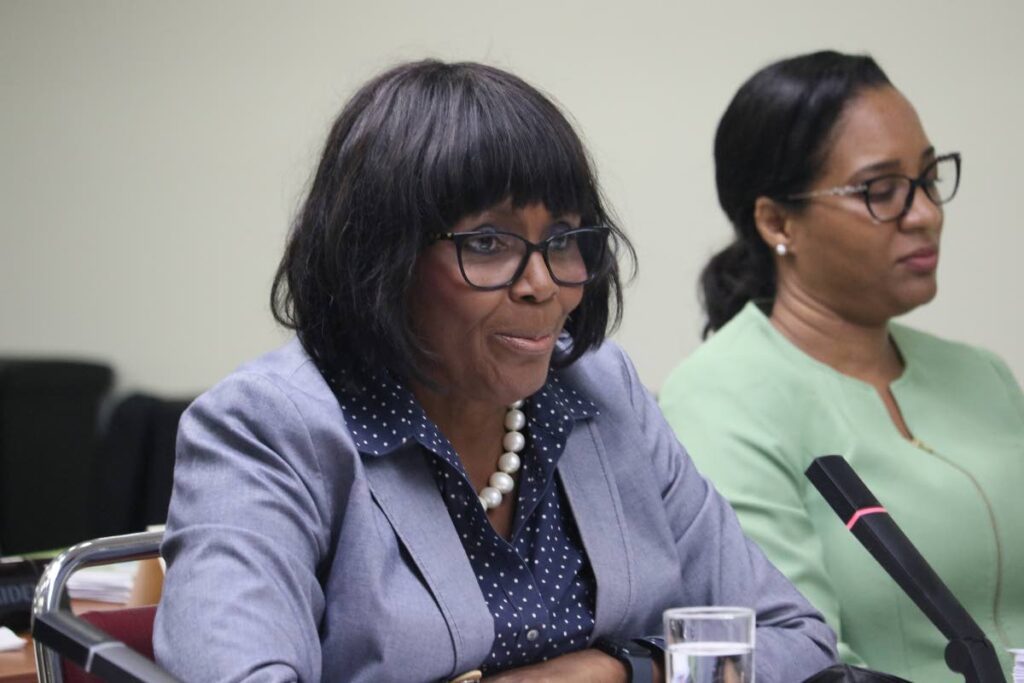RIC seeks to update powers

THE Regulated Industries Commission (RIC) is seeking amendments to its governing legislation to improve its ability to do its duties.
This was indicated by members of the commission during a public inquiry on January 24 before members of Parliament's Public Accounts Committee (PAC).
Under Section 6 of the RIC Act, the commission's powers include carrying out studies to determine the efficiency of the service provided by service providers (public utility companies) and doing periodic reviews of their rating regimes.
RIC executive director Michelle Salandy said the commission drafted a document outlining the legislative amendments needed to update its powers in 2016.
She added that changes were made to that document and it was re-submitted.
Salandy said part of the reason for the RIC seeking these legislative amendments was due to the potential use of renewable energy as a power source for the service providers that fall under its purview.
Public Utilities Ministry permanent secretary Nicolette Duke told PAC members the ministry is reviewing the RIC document.
She added that because these changes could affect other legislation, such as the Trinidad and Tobago Electricity Commission (T&TEC) Act, there is a need for the review to be more holistic. The relevant laws are all being considered together, she said.
PAC chairman Oropouche West MP Davendranath Tancoo questioned the commission about problems with filing some of its annual audited financial statements.
RIC chairman Dawn Callender said many of these problems happened before she assumed her post in 2019.
"We inherited a delay (in filing audited annual financial statements)."
She added that since 2019, the commission has improved its ability to file its financial statements on time.
"We have taken ownership of the process."
Independent Senator Hazel Thompson-Ahye was surprised to read that the RIC received small numbers of complaints from the public about poor service in the provision of water and electricity.
She asked, "Is this real?"
Callender told Thompson-Ahye she understood her scepticism.
She reminded PAC members that complaints about issues such as water and electricity supplies only come to the RIC when members of the public are unable to get redress from either the Water and Sewerage Authority (WASA) or T&TEC.
Callender said the RIC has some of its staff check complaints on social media and then directs the relevant public utility company's attention to those complaints.
Salandy said many times people withdraw their complaints to the commission after the relevant service provider corrects their problem.
In 2022, she continued, the commission received a total of 2,589 complaints, and the successful resolution of those complaints was approximately 90 per cent.
On rate reviews, Salandy said no public utilities entity is allowed to charge rates more than the maximum allowed by the RIC Act.
She also said in cases where a customer is disadvantaged by situations such as an electrical surge which damages his or her electrical appliances, the RIC, on investigating, can direct that compensation is paid to the affected customer.
Callender lamented the commission provides many services that the public is unaware of.
She said many people view the commission as an entity that comes to increase water or electricity rates.
Tancoo advised the RIC to engage in a greater public education programme to inform the population about its roles and responsibilities.

Comments
"RIC seeks to update powers"